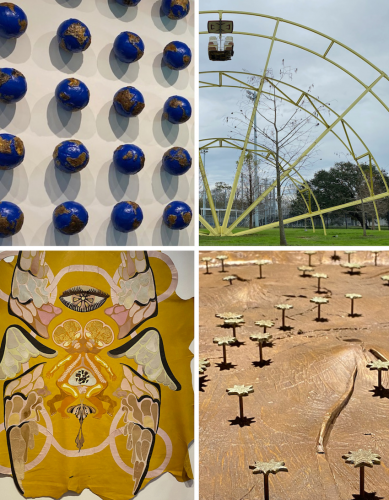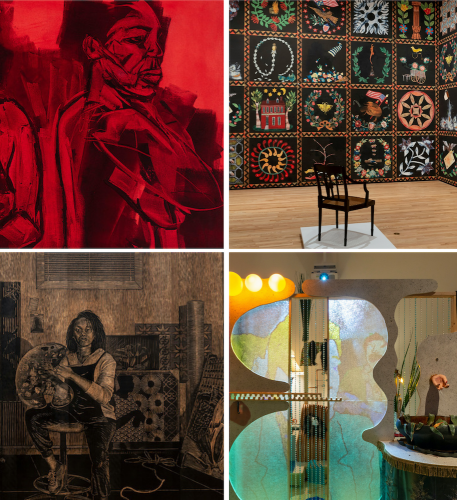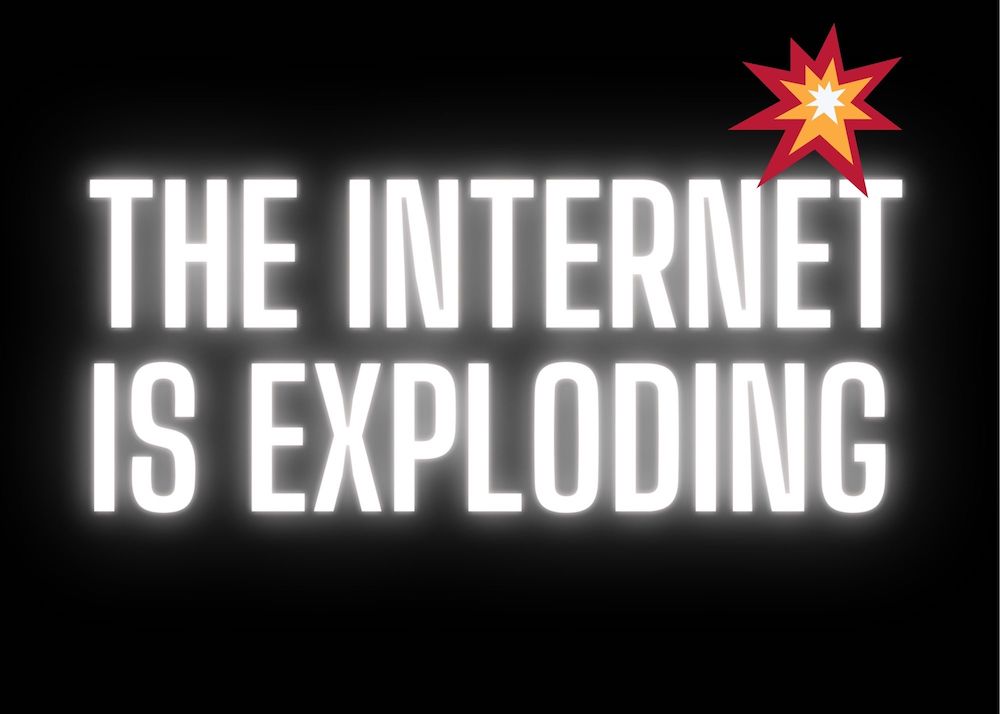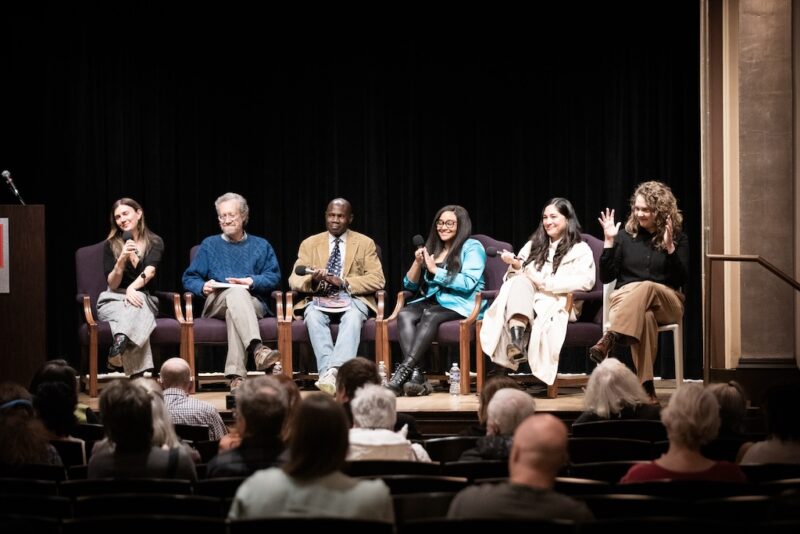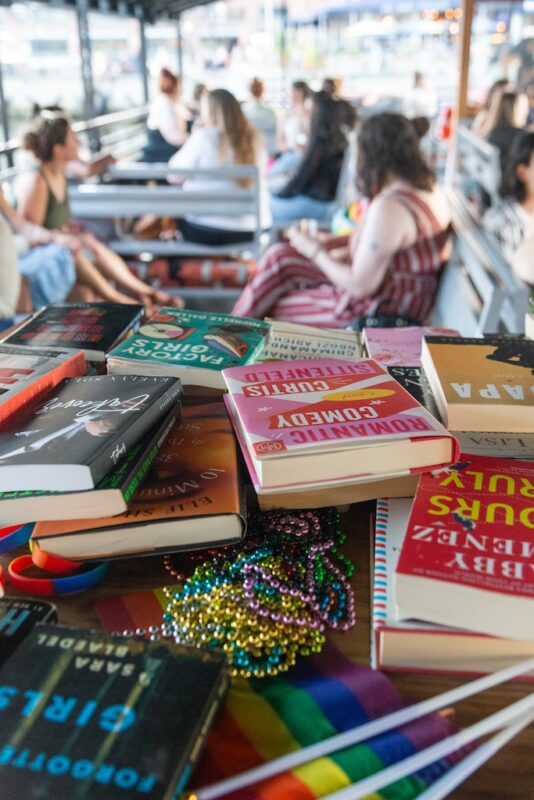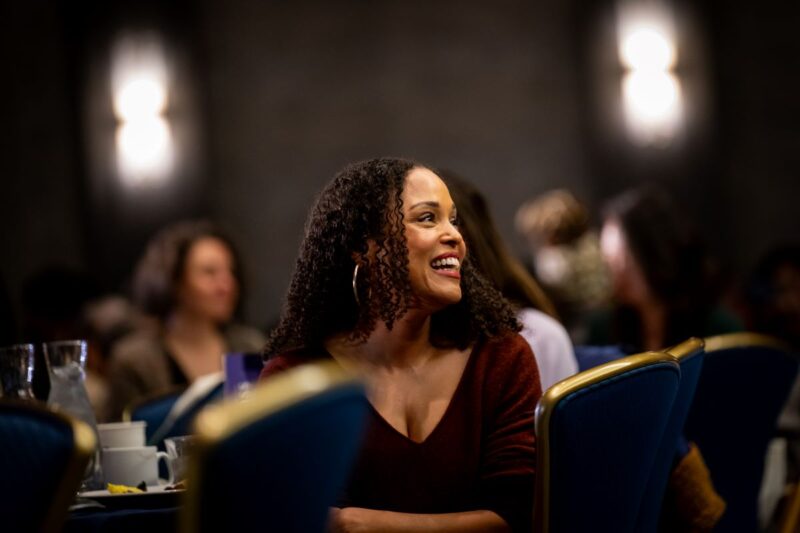3. Vulture: The Undoing of Joss Whedon
I am too young to have been a fan of Buffy the Vampire Slayer when it aired. I tried to watch the series when it hit streaming services, but could never get into it—I’m not even sure if I’ve ever watched a full episode. But Buffy creator Joss Whedon “was a celebrity showrunner before anyone cared who ran shows,” and everyone from teenagers to scholars worshiped him. Viewed as a progressive feminist during the early and mid-2000s, “in recent years, the good-guy image has been tarnished by a series of accusations, each more damaging than the last,” writes Lila Shapiro.
Allegations (publicly) began in 2017 when “his ex-wife, Kai Cole, published a sensational open letter about him on the movie blog The Wrap. She condemned him as a ‘hypocrite preaching feminist ideals’ and accused him of cheating on her throughout their marriage… Then, beginning in the summer of 2020, the actors Ray Fisher and Gal Gadot, who had starred in a superhero film directed by Whedon, claimed he’d mistreated them, with Fisher describing his behavior as ‘gross, abusive, unprofessional, and completely unacceptable.’”
In another instance, Buffy costume designer Cynthia Bergstrom recalled, “Whedon and [Sarah Michelle] Gellar did not agree on what the Buffy-bot should wear. ‘Sarah was adamant about it being a certain way,’ Bergstrom said. ‘The costume she wanted was a bit grandma-ish — a pleated skirt and high neck. He definitely wanted it to be sexier.’ On the day Gellar tried the different options, Whedon grew frustrated. ‘I was like, ‘Joss, let’s just get her dressed,’ Bergstrom recalled. ‘He grabbed my arm and dug in his fingers until his fingernails imprinted the skin.”
In his interviews with the reporter, Whedon tries to use the rhetoric of therapy to, ostensibly, absolve himself of the multiple allegations against him. Erin Shade, an assistant on the show Agents of S.H.I.E.L.D., “dated [Whedon] on and off in secret for nearly a year before she slept with him. Not long after, he sent her a brief email telling her he couldn’t have a girlfriend.” Describing Whedon for this profile, Shade said “people like Joss offset their trauma on other people in exchange for their energy, and take their energy to keep going — to keep themselves alive, almost… That’s why he’s so good at the vampire narrative.” Today, the internet knows “Whedon, its progressive hero of yesterday, as a villain and bigot.”
